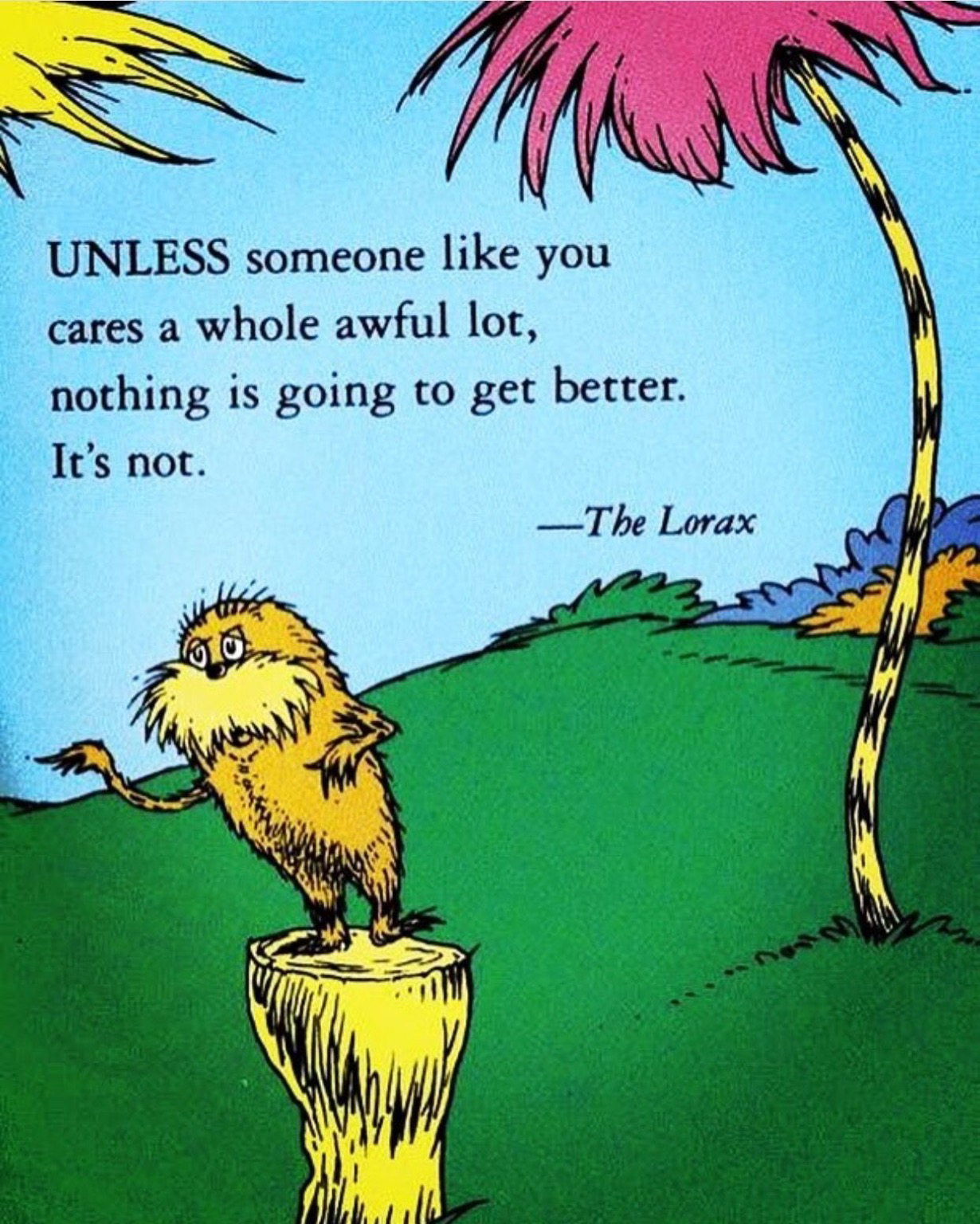Rewilding Magazine + unlearning ableist language: Project Mushroom's Latest
Creator Spotlight: Rewilding Magazine
Hey there Project Mushroom members – in this month's Creator Spotlight we'd like to suggest you give a follow to Rewilding Magazine (@rewildingmag@spore.social), one of the creator accounts on our spore.social instance. Rewilding Magazine provides resources on improving the relationship between humans and the natural world, including a regular newsletter and examples of ways to take action.
The most recent newsletter highlights a campaign in Canada promoting local advocacy to replace municipal bylaw requirements that lawns be "neat" and free of "weeds" with guidelines for biodiverse gardening. It comes with a call to action to either sign on to the Canadian campaign or to use this campaign as inspiration to take action in your own country.
Unlearning ableist language
Reflections on our approach to proactive moderation
One of our priorities this year has been to be more proactive in our efforts to address harmful language, both on our own servers (projectmushroom.social and spore.social) and in interactions from people on other servers. One way that we resist harmful language is by not perpetuating ableism in our actions or language, which is one of the core values of our community.
Thinking deeply about how to live our values of justice, anti-racism, and solidarity can be uncomfortable — especially when mainstream culture hasn’t yet caught up.
Our moderators have seen patterns of ableist language that, while often unintentional and embedded in mainstream culture, has harmful effects. We wanted to share lessons that we've learned from this experience to help members be more aware of the unintended impacts of casual ableism in progressive circles.
Content warning: discussion of sexism, rape culture, homophobia, and ableism
There was a time, not too long ago, when it would have been common for otherwise progressive folks to tease a friend by calling them a “pussy”, or gloating over a sports victory by claiming the other team got “raped” — we now recognize this harmful language for perpetuating sexism and rape culture. Similarly, calling something that you don't like “gay” is now recognized as obvious homophobia. In the past, this was considered a normal part of mainstream culture.
As we continue to learn and grow, there’s another pattern of language that those of us trying to bring a better world into being are trying to stop and consider: casual ableism, especially as it relates to mental health.
In our communities, we are often discussing heavy topics. War. Fascism. Death. State repression. Exploitation. We talk about these things because they’re consequential, and we use our platforms to try to hold the powerful to account. But criticism and legitimate outrage can sometimes slide into harmful language when we reach for metaphors that diagnose cruel people with a mental illness, or equate disability with evil.
For example, calling Trump or Putin a psychopath doesn’t make your point stronger. Rather, it feeds into an ableist narrative that when people do evil things, there must be something wrong with them. It also implies that those who are diagnosed with this condition are beyond help. (It also serves to minimize the harm done by “normal,” moderate people who represent the banality of evil.) If you were someone with this diagnosis, working to manage and overcome your psychopathic traits, how would you feel about people who use your condition as a catch-all for callousness, greed, egoism, selfish behaviour, and evil acts?
When calling out people, institutions, and cultural phenomena, it’s important not to pathologize them. Think twice, get specific about what harm they’re causing, and use language that reflects those effects. We can call fascist leaders power-hungry strongmen with blood on their hands without ascribing their actions to mental illness. When calling out consumer culture that drives climate disaster, we can do so without invoking “addiction” or “stupidity” or “idiocy”. Some terms are so frequently used in mainstream society that they can unintentionally slip in: “crazy” or “insane” or “delusional”.
Unlearning ingrained behaviour doesn't happen immediately, and it can be a challenge to let go of these habits, but if we are truly here to fight for justice and equality, we won’t get there by making light of disability and mental health.
Chanterelle Chatter: Bookstodon Edition
Let your fellow Project Mushroom members know what you're reading with the hashtags #bookstodon or #books, and maybe start up a discussion! (You can also follow these hashtags so that they appear in your newsfeed more frequently if you're looking for recommendations.) Here are a few spore.social posts from the past few months about what folks are reading:
_noelamac_ (@_noelamac_@spore.social) reminded us that the Dr. Seuss classic The Lorax is a great environmentalist book for kids and adults alike:

Horror fans might be interested in this toot-length review of Little Heaven by Nick Cutter from Goose is eyeballing you (@dasparky@spore.social)
Leaping Woman (@leapingwoman@spore.social) brought our attention to the Women in Translation list, which focuses on books written by women in languages other than English:
How to get involved in Project Mushroom
Project Mushroom is a Mastodon-based social network focused on climate and social justice. If you're not in the space yet, you can click here for an in-depth guide on how to get started on either our projectmushroom.social or spore.social servers.
Project Mushroom recently became independent of its former parent company, Currently Weather Service, and is now fully led by the community. Paid subscriptions to this newsletter now go 100% to funding Project Mushroom expenses, which are primarily server costs and honoraria for moderators. We've recently added the option to make a one-time contribution as well. If you have the means, please consider joining the 199 other supporters who help us keep the lights on!
